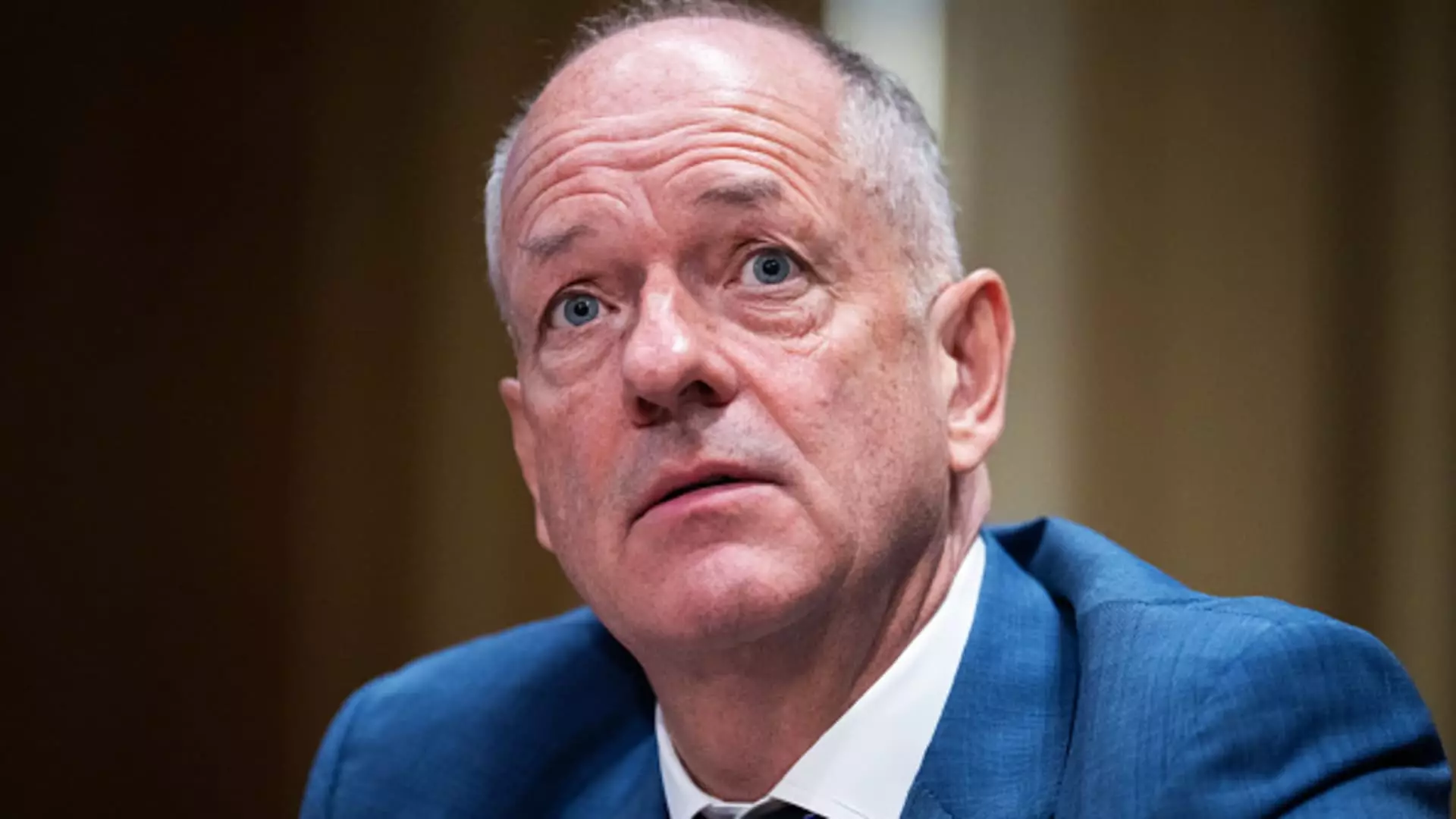The recent tragedy surrounding the death of Brian Thompson, a prominent CEO within UnitedHealth Group, has cast a somber pall over the healthcare industry. Andrew Witty, the CEO of UnitedHealth Group, publicly expressed his condolences following Thompson’s untimely demise, highlighting both the personal loss and the broader implications for the healthcare sector. Thompson was noted for his leadership within UnitedHealthcare, the largest private health insurer in the United States. His death during an incident in Midtown Manhattan has not only sent shockwaves throughout the company but has also sparked discussions about the serious faults within the American healthcare system.
In his commentary, Witty acknowledged that the current healthcare system in the U.S. is a “patchwork” of policies and practices that have evolved over years without a coherent design. His candid admission about the ineffectiveness of the health system resonates deeply amid rising dissatisfaction among the populace. Many Americans grapple with the complexities of healthcare, often feeling bewildered and frustrated with an approach that seems to prioritize administrative concerns over patient care. This predicament is exacerbated by common experiences involving denied claims, unexpected medical bills, and exorbitant premiums.
Witty articulated UnitedHealth Group’s commitment to reform by stating the organization is ready to collaborate with various stakeholders in the healthcare ecosystem, including patients, healthcare providers, and governments. His call for collective action is critical; however, it raises questions about whether significant change can occur in a sector characterized by its entrenched interests. The multifaceted nature of healthcare problems requires innovative solutions that transcend traditional boundaries, necessitating a willingness to rethink existing paradigms.
The tragic circumstances of Thompson’s death have amplified widespread frustrations toward the health insurance sector, with many individuals taking to social media to air grievances. The killing has spotlighted a systemic issue, where insurers are often painted as the ‘villains’ in a narrative dominated by escalating costs and barriers to care. Strikingly, Witty recognized that these sentiments are rooted in real experiences, underscoring the urgent need for enhanced transparency regarding coverage details and claims processes. Patients deserve clarity and understanding of what their policies entail and how the decisions affecting their health are made.
In the aftermath of this incident, it is imperative that UnitedHealth Group and other insurers confront these pressing issues with a renewed sense of responsibility. Witty emphasized the necessity for insurers to articulate the value of care decisions rooted in comprehensive clinical evidence, aimed explicitly at improving health outcomes. Such reassurances could potentially help rebuild trust between insurers and the individuals they serve. As the industry navigates this challenging landscape, leaders must remain steadfast in their commitment to reform and innovation—transforming a flawed system into one that prioritizes patient welfare above all else.

Leave a Reply